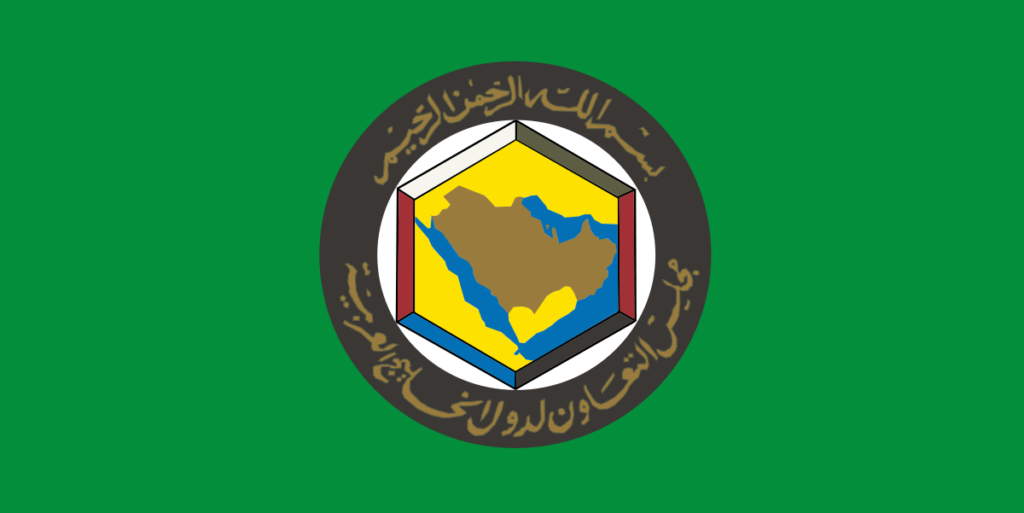Saudi Arabia’s King Fahd, may he rest in peace, could have tried to do like Sheikh Hamad bin Khalifa, Qatar’s crown prince back then and its real ruler.
Following the Iraqi invasion of Kuwait back then, during the Gulf Cooperation Council (GCC) meeting in Doha, Sheikh Hamad tried to blackmail the five GCC leaders at the summit when he refused to discuss the liberation of Kuwait unless they acknowledge Qatar’s rights to the Hawar and Fasht al-Dibal islands from Bahrain.
King Fahd was the first one to storm out of the room in anger considering this an insulting bargain. Saddam Hussein’s invasion of Kuwait was a precious bargaining chance to anyone.
Whereas Saudi Arabia saw its support to Kuwait as being loyal to pledges, respecting the GCC principles and protecting states from chaos, no matter the reasons or motives behind the disputes.
Of course, it was within Riyadh’s interest to defeat Saddam, yet the less risky option was to co-exist with Saddam.
It would not have been possible to confront the invasion without Saudi Arabia’s desire and approval. The kingdom hosted half a million soldiers, including 200,000 US soldiers, who liberated Kuwait in four days.
King Fahd is a historical figure because he is the one who tolerated threats and managed the confrontation with Saddam who was quick to cancel Kuwait’s identity and flag, destroyed its legitimacy, created an alternative legitimacy and replaced its currency.
The king was keen on maintaining the ruling family of Sabah and its unity given that it is the symbol of Kuwait’s legitimacy.
King Fahd hosted the family in Taif city, a secure location away from Saddam’s attacks and intelligence agents.
He allowed the Kuwaiti government in exile to fully operate from the city and contributed to reviving Kuwait’s symbols by issuing the dinar and publishing some dailies and reestablishing its channels.
Kuwaiti military personnel, including the pilots who heroically fought from Ali al-Salem Air Base against Saddam’s invasion, all gathered in Saudi Arabia. King Fahd also supported the resistance against the invasion.
The most dangerous decision King Fahd made was summoning US troops to Saudi Arabia, thus personally taking a huge responsibility. Several high ranking royal family members asked him whether he was sure of his decision to bring the US into the kingdom, and if he was capable of getting them out later on.
As the US troops arrived and war preparations were underway, supporters of Saddam in Saudi Arabia voiced their protests against Saudi Arabia. Led by Hasan al-Turabi from Sudan and Rashid al-Ghannoushi from Tunisia, Muslim Brotherhood launched several inciting campaigns against the kingdom accusing it of apostasy. They used the media and recorded their statements on cassettes or distributed them via fax.
Saddam’s ally in Yemen, Ali Saleh threatened Saudi Arabia which prompted the king to freeze relations with him and deport around 2 million Yemenis.
For the first time in Riyadh, protests erupted out against the Saudi government and young clerics spoke out against fighting to liberate Kuwait saying it is not right to fight for Kuwait which does not rule according to God’s sharia.
People protested in several Arab capitals against Saudi Arabia, and not against Kuwait. Many Arab governments supported Saddam. Even during the urgent Arab League session in Cairo, only a small majority of 12 countries supported Kuwait’s cause.
Despite objections, Former Egyptian President Hosni Mubarak played a significant role in refusing attempts to confuse the cause and imposed voting by raising hands instead of making a consensus decision.
King Fahd risked his countries’ stability given that the chances of liberating Kuwait were slim and with possibilities of no war or that it would last for a long time, like Iran’s war. There was also the possibility of defeat or incomplete victory or even Saddam not entirely leaving Kuwait. It was also possible that Saudi Arabia will not come out of the war safe.
King Fahd could have done like Sheikh Hamad of Qatar and bargained with Saddam in exchange for Kuwait, but he didn’t. He was a brave leader who made a historical decision to stand by Kuwait and we are all proud of his decision.
It is surprising to hear some Kuwaiti voices supporting Qatar instead of condemning its actions that threaten the security and existence of four countries.
Indeed, Kuwait has a moral debt to repay and we expect it to honor part of it. Whereas, if interests and not morals are driving Qatar’s support, then we advise them to open their eyes, think well and balance between their future interests: what’s more important and Qatar’s promises and perishing temptations.
Kuwait is not stable. It is the country which needs GCC’s unity and stability the most.
Saddam is gone and his successors are much worse and more evil.
